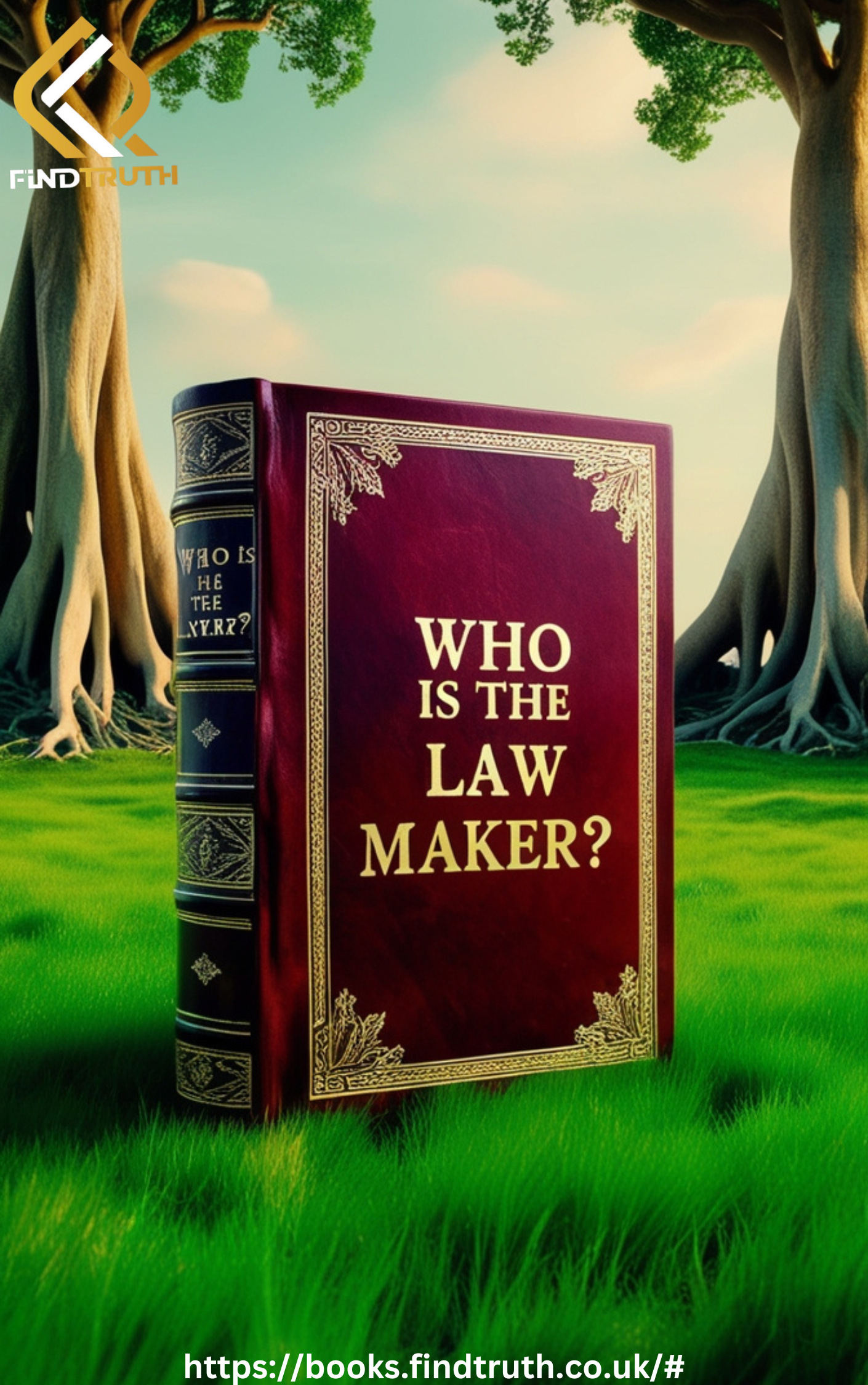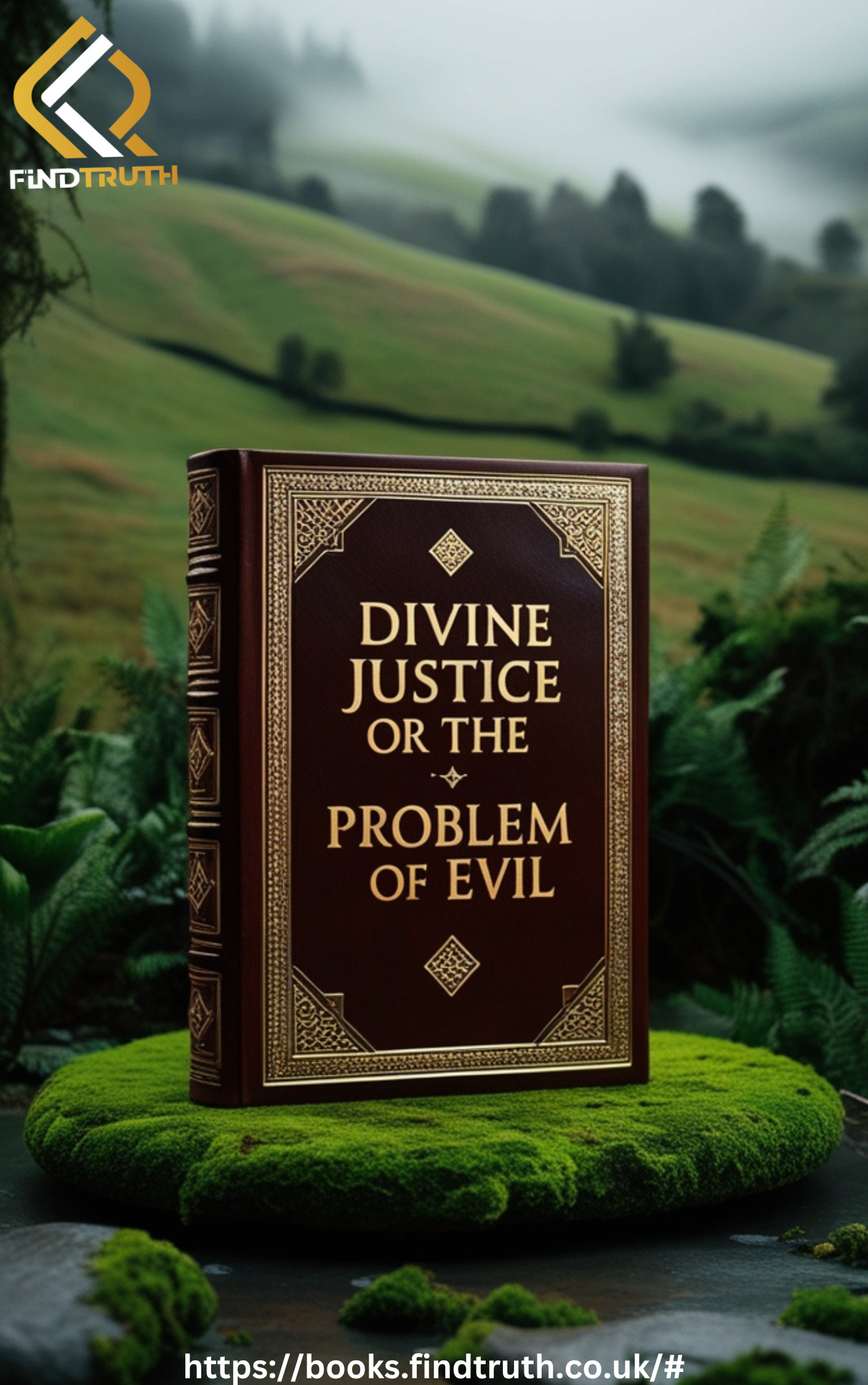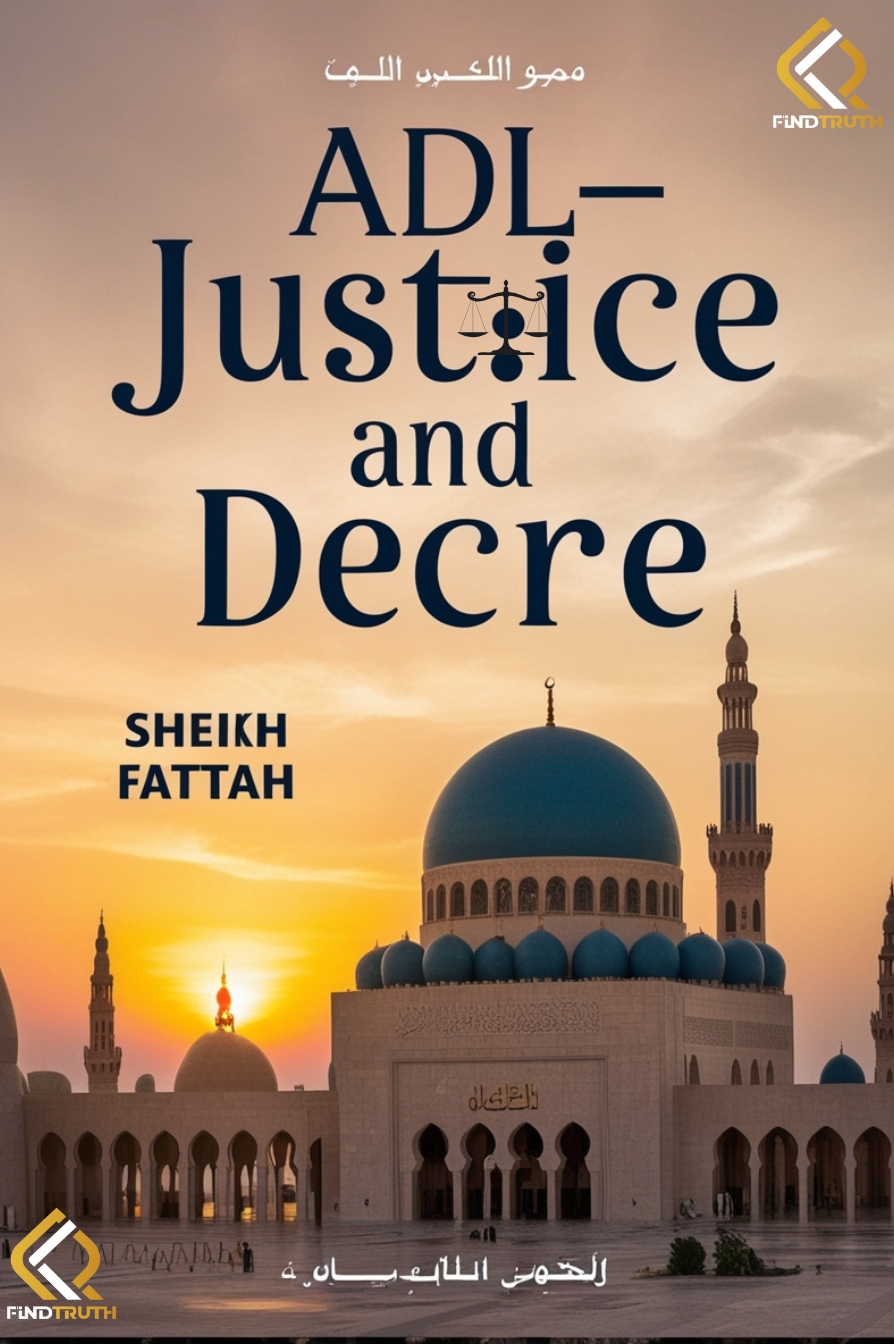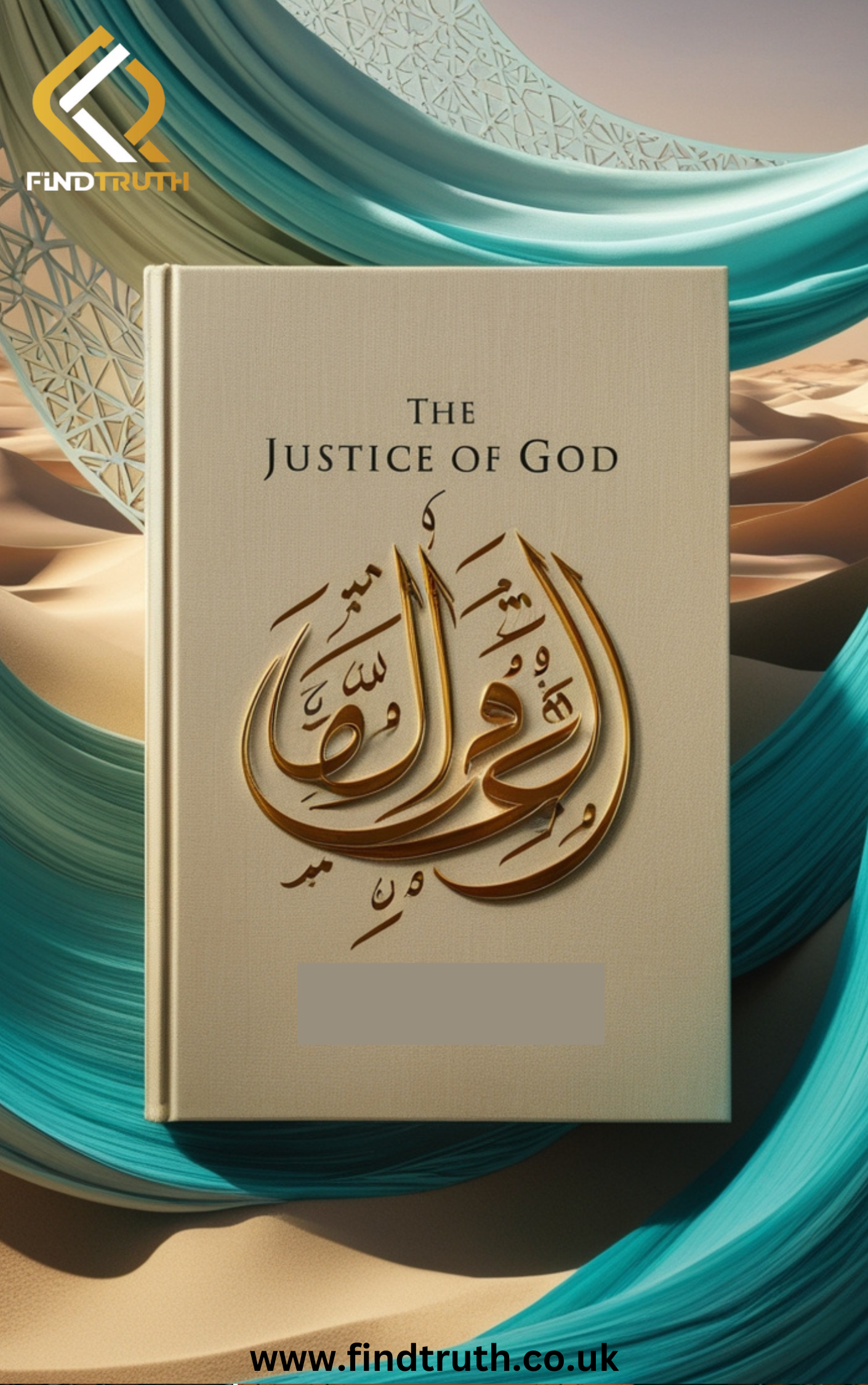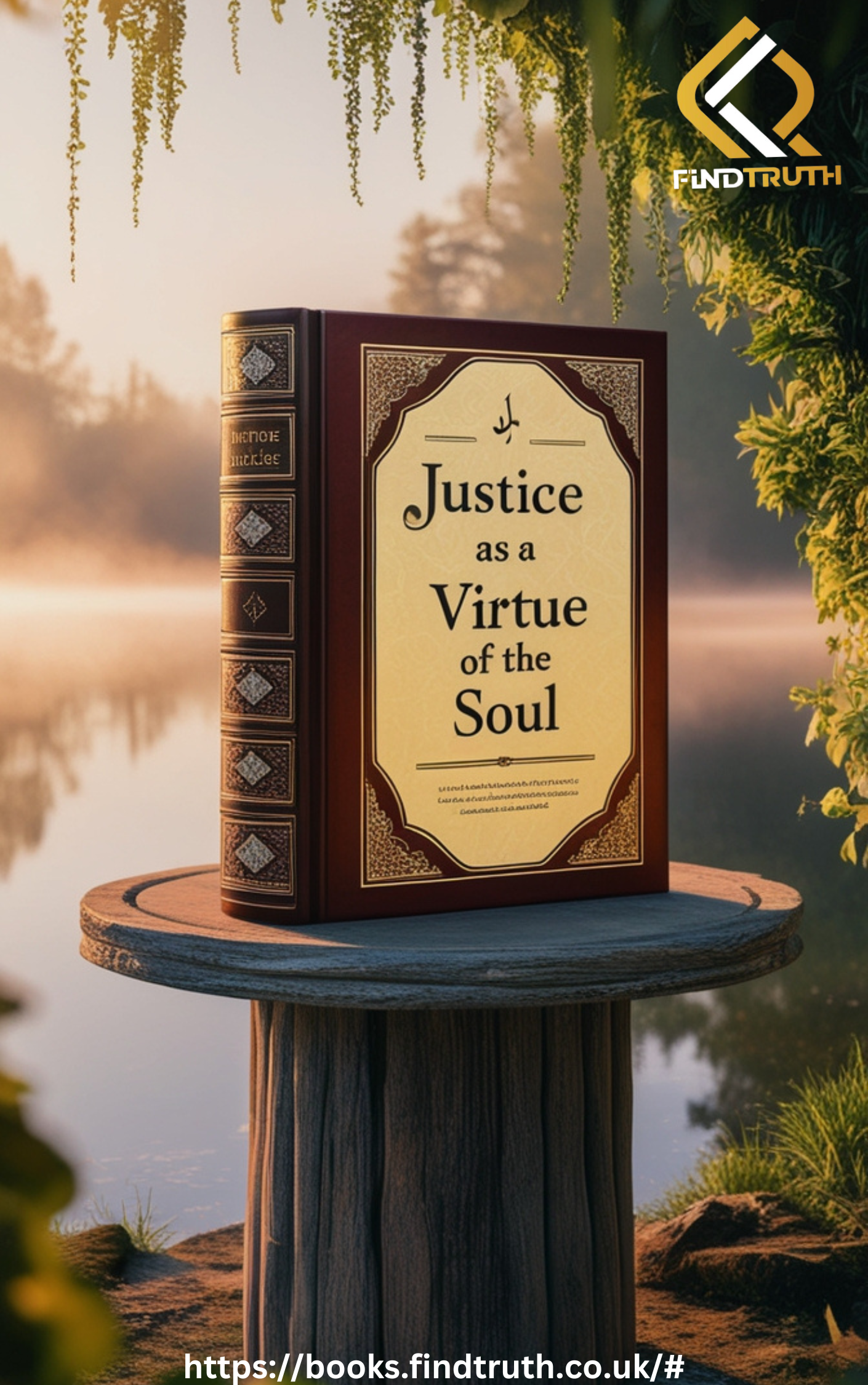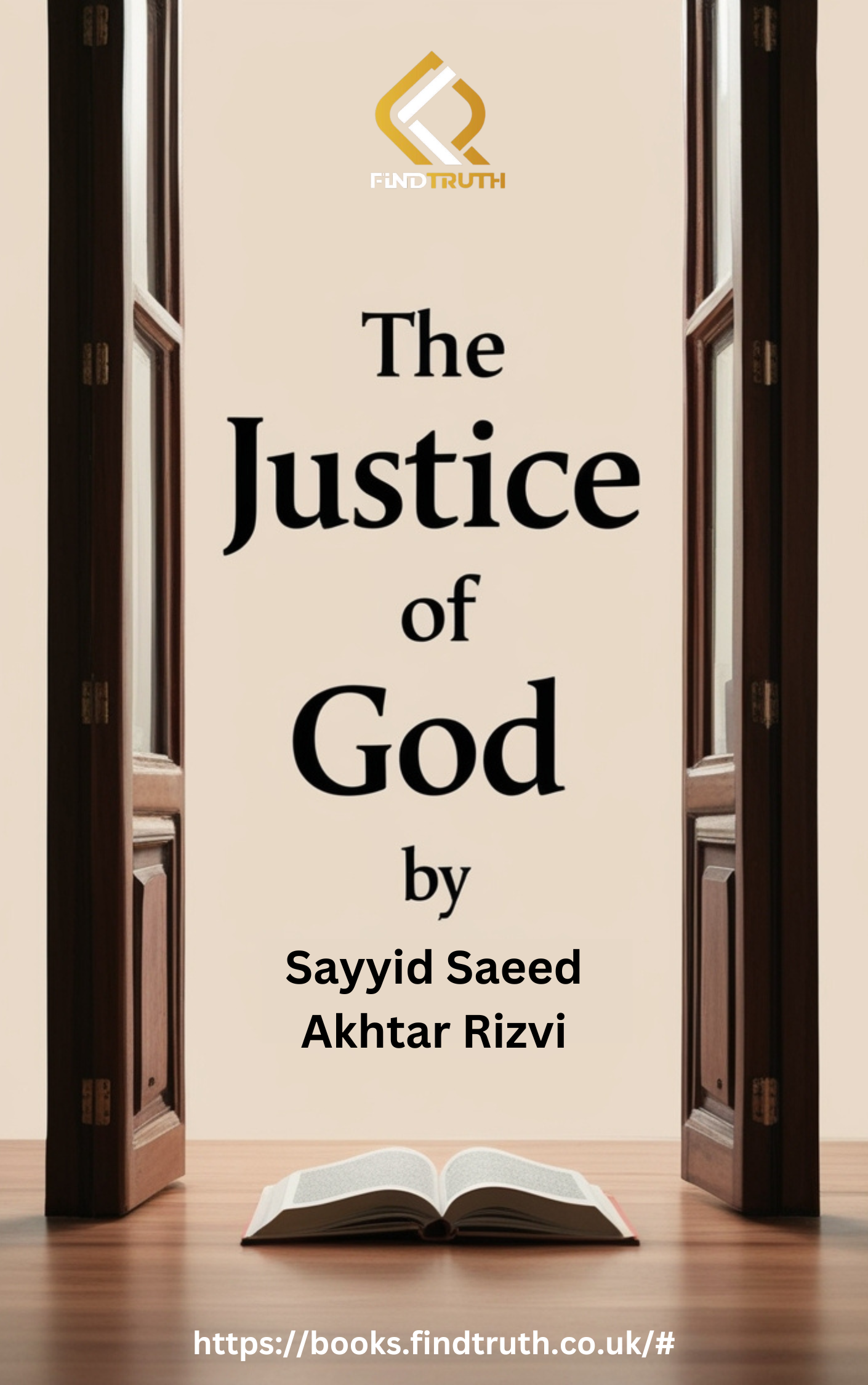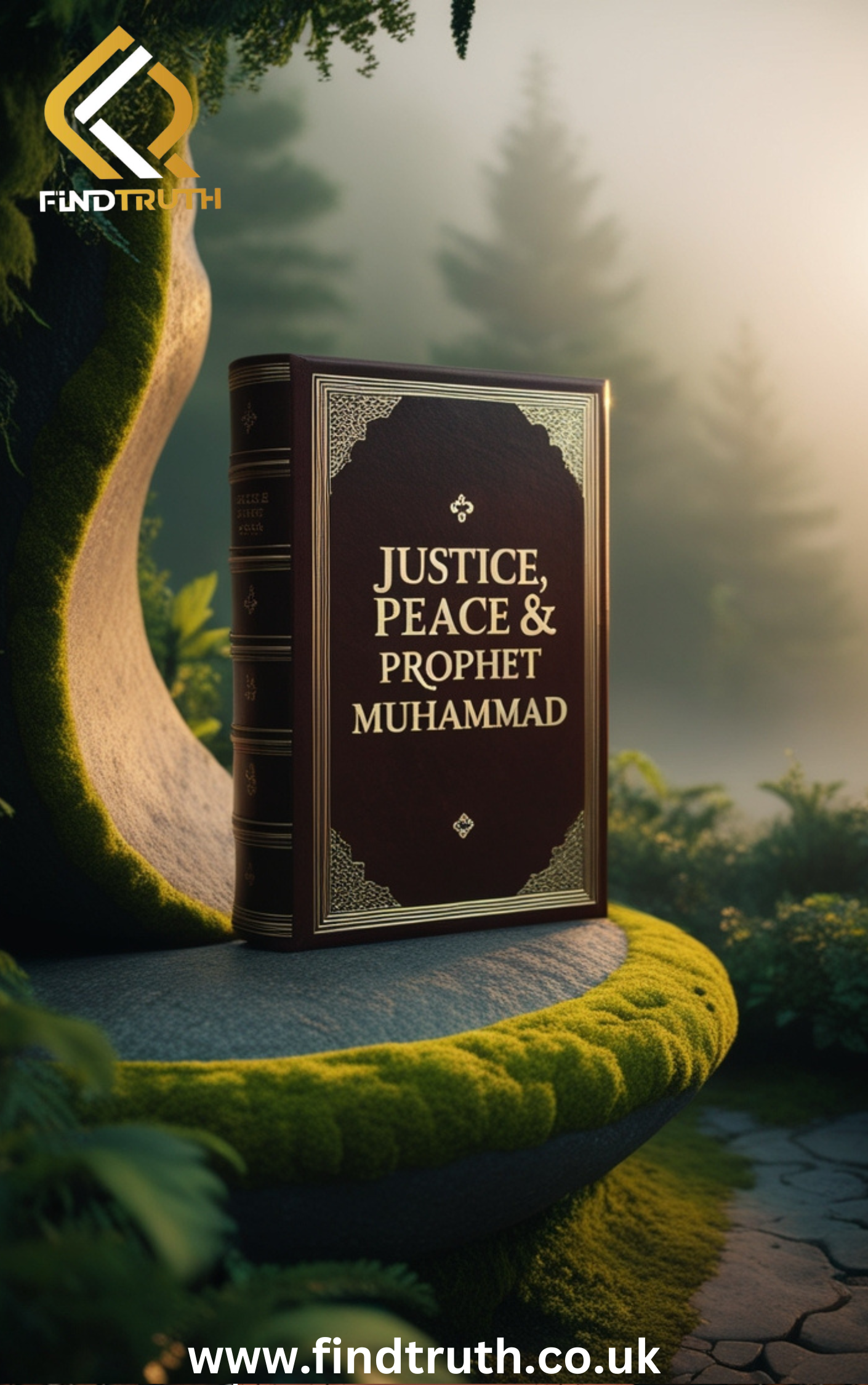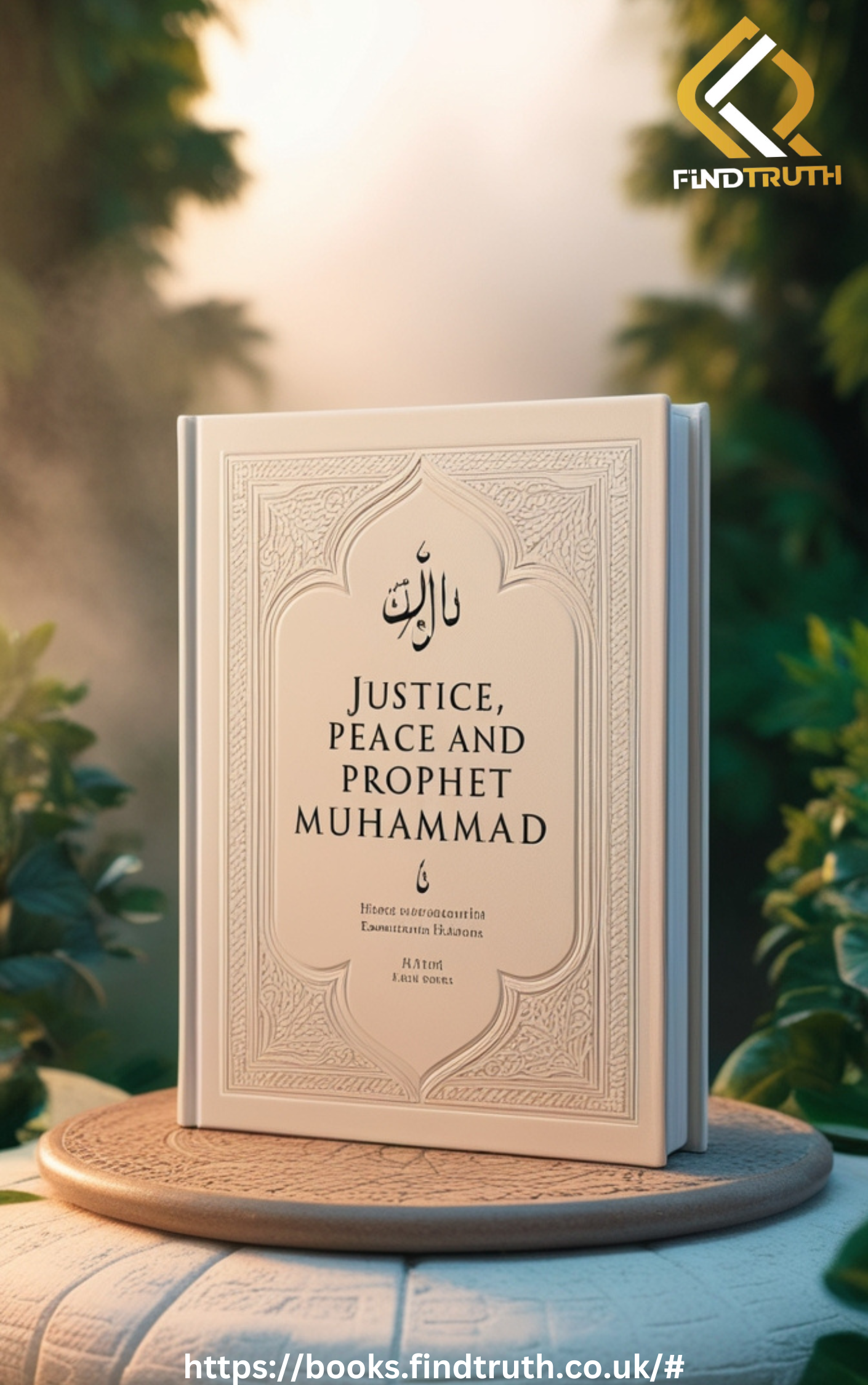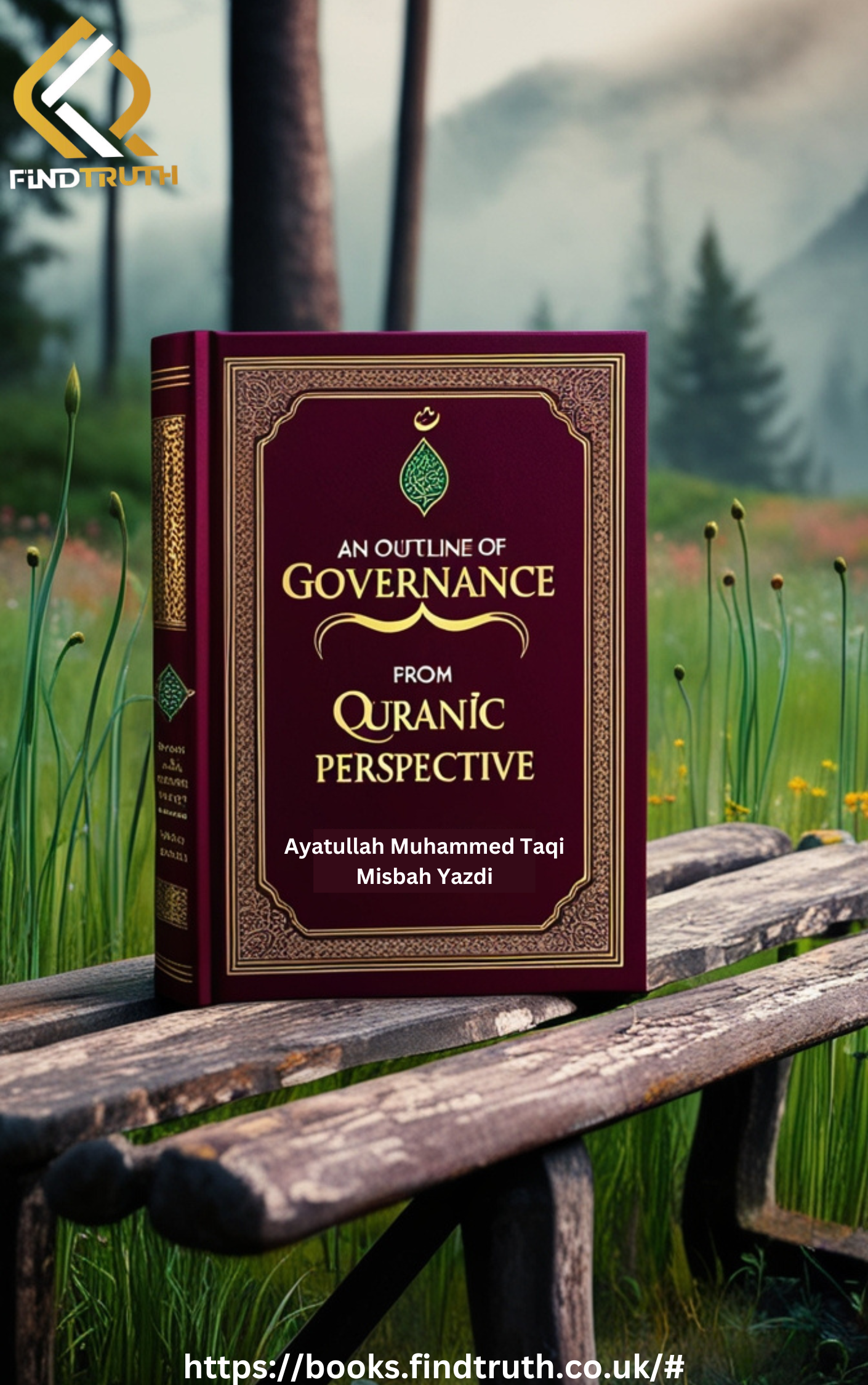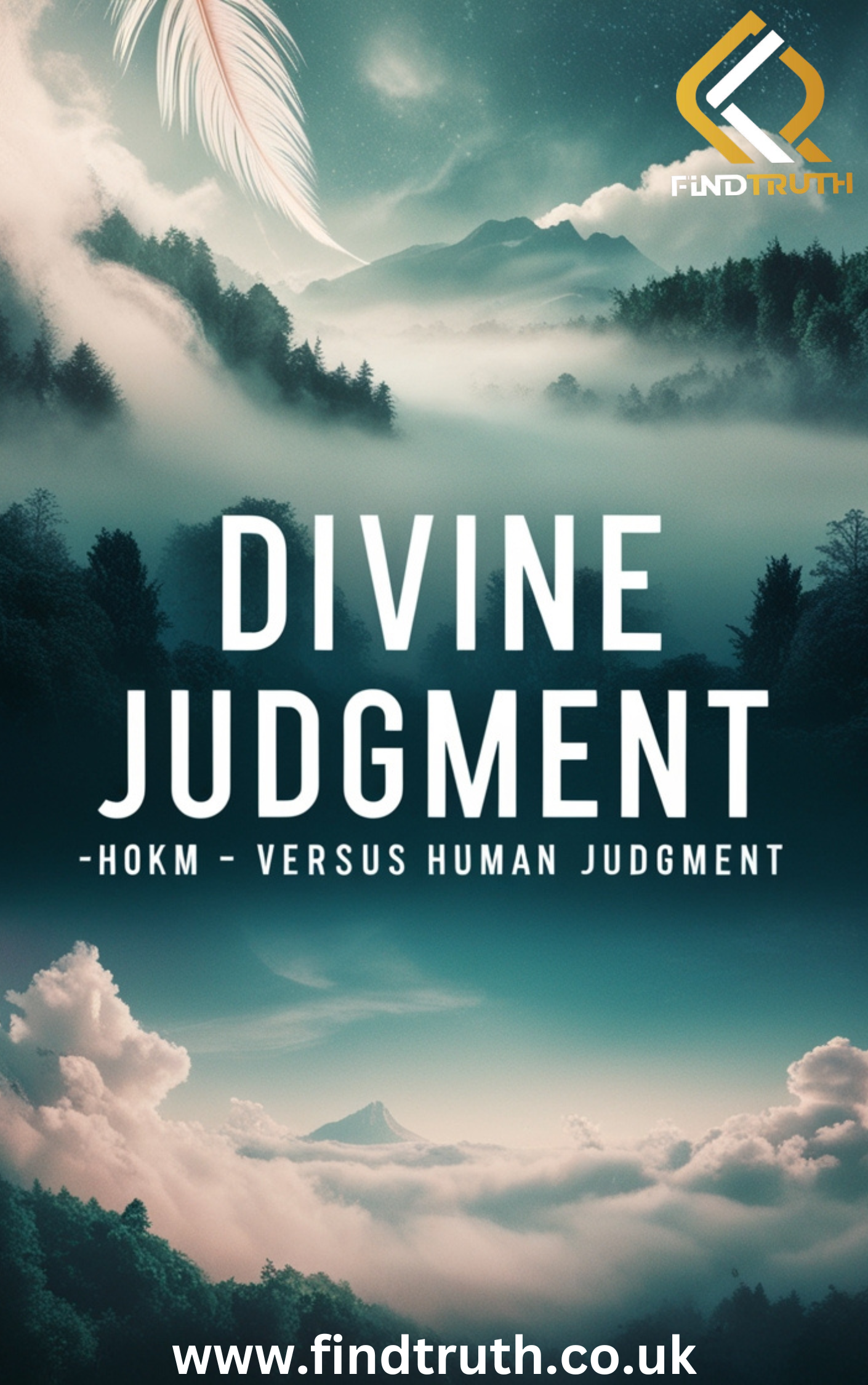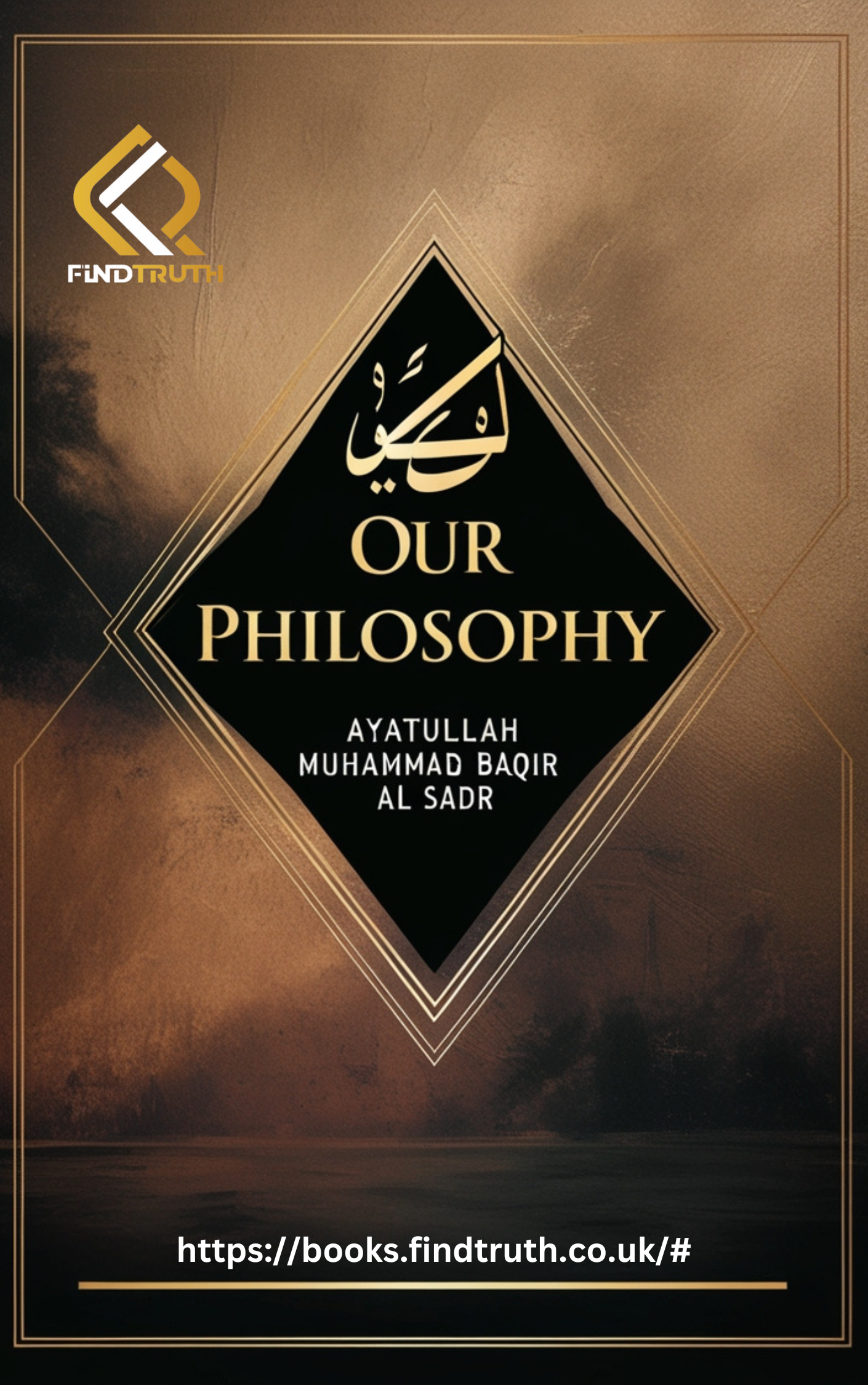
- Beliefs
-
Muslim Practices
- Salah (Daily Prayers)
- Sawm (Fasting)
- Hajj (Pilgramage to Makkah)
- Zakah (Charity Giving)
- Khums (Giving One-Fifth of Annual Saving)
- Jihad (Striving in the Way of God)
- Amr bil Ma'ruf (Encouraging Good)
- Nahy 'an al-Munkar (Stopping Evil)
- Tawalla (Loving the Prophet & His Family)
- Tabarra (Disassociating from the Enemies of the Prophet and His Family)
- Islamic Education
-
Akhlaq - (Ethics)
-
Quran & Sciences
-
Islamic History
-
Socio-Cultural
- Islamic Holy Places
-
Supplications
- Home
- Feature Selections ★
- Beliefs 🛐
-
Muslim Practices ☪️
- Salah (Daily Prayers)
- Sawm (Fasting)
- Hajj (Pilgramage to Makkah)
- Zakah (Charity Giving)
- Khums (Giving One-Fifth of Annual Saving)
- Jihad (Striving in the Way of God)
- Amr bil Ma'ruf (Encouraging Good)
- Nahy 'an al-Munkar (Stopping Evil)
- Tawalla (Loving the Prophet & His Family)
- Tabarra (Disassociating from the Enemies of the Prophet and His Family)
- Islamic Education
-
Akhlaq - Ethics 🔑
- Quran and Sciences 📖
-
Islamic History
- Socio-Cultural
- Islamic Holy Places
- eBooks
- Who Is The Law Maker?
Who Is The Law Maker?
(0 User reviews)
879
600
Al-Balagh Foundation
Al-Balagh Foundation
2010
29
English
This book explores the concept of divine law in Islam, questioning the source of legal authority and its implications for society and governance.
"Who Is The Law Maker?" delves into the fundamental question of legal authority within the Islamic framework. It investigates who has the right to legislate laws in a society governed by Islamic principles, emphasizing the role of God (Allah) as the ultimate Law Maker. The book discusses the relationship between divine commandments as outlined in the Quran and Sunnah, and the roles of religious scholars, leaders, and the community in interpreting and implementing these laws. It examines historical examples of Islamic governance and the application of Sharia in various contexts, shedding light on contemporary issues surrounding law and morality in Muslim societies. Through critical analysis and theological insights, the book aims to provide readers with a deeper understanding of the foundations of Islamic law and its significance in modern governance.
There are no reviews for this eBook.
0
0 out of 5
(0 User reviews )
There are no comments for this eBook.
You must log in to post a comment.
Log in
Related eBooks
By using our site you agree to our use of cookies to deliver a better site experience.
